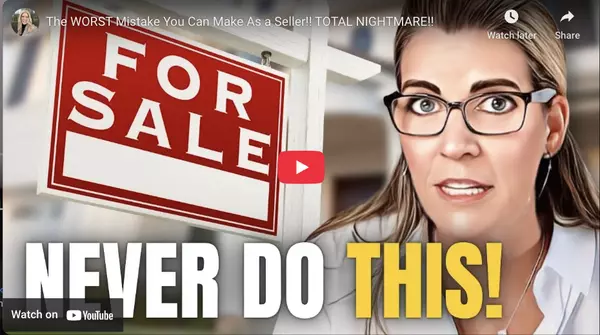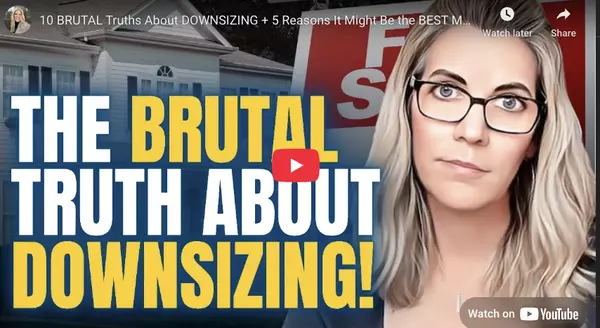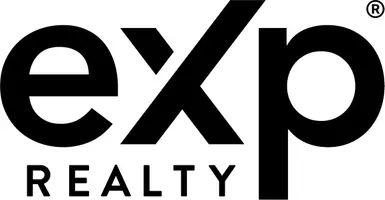How to Know What Your Home is Worth Without a Real Estate Agent
Hey, it’s me Kati! Selling your home is a significant financial decision, and knowing its true worth is crucial to ensure you get the best deal possible. While real estate agents are experts at assessing property values, some homeowners prefer not to involve an agent in the early stages of valuation. So, how can you determine your home’s value without the help of a real estate agent? In this article, we will guide you through the process of understanding your home’s worth, from appraised value to market value and the strategic pricing needed to maximize your potential sale price.
Why Knowing Your Home’s Worth Matters
Before we delve into the details, it’s essential to understand why knowing your home’s worth is crucial. When you put your home on the market, it’s not about what you think it’s worth or what you want to get for it. It’s about what buyers are willing to pay. Buyers ultimately set the market, and they base their decisions on factors such as location, size, condition, and recent sales of comparable homes. Overpricing your home can lead to it languishing on the market, while underpricing might lead to missed opportunities for maximizing your return.
The Psychology of Pricing
Pricing your home correctly is both an art and a science. Overpricing can deter potential buyers, as they may perceive your property as unaffordable or overvalued. On the other hand, underpricing can result in a quick sale but may leave you feeling like you left money on the table. To strike the right balance, you need to consider a few key factors.
Understanding Four Critical Numbers
Appraised Value: The appraised value of your home is determined by a professional appraiser hired by a lender during the mortgage approval process. The appraiser assesses your home’s value based on various factors, including its size, condition, location, and comparable recent sales. To estimate the appraised value, gather information on recently sold homes that are similar to yours in terms of size, location, and condition.
Market Value: Market value is the price that a willing buyer and a willing seller agree upon in the current market conditions. It’s essential to assess the state of your local real estate market—whether it’s a seller’s or buyer’s market—to determine if buyers are likely to pay more or less than the appraised value. Look at recently sold homes that are similar to yours to gauge the market value.
List Price: The list price is the amount you decide to ask for your home when you put it on the market. It should be based on a combination of the appraised value and the market value. If the market is hot, you can price your home slightly above the appraised value, but if it’s slower, consider pricing it slightly below. This strategy can attract potential buyers and potentially lead to multiple offers.
Price to Sell: The price to sell is the lowest price at which you are willing to part with your home. It represents a realistic value that would ensure a quick sale. While it may not be your ideal price, it serves as a wake-up call, indicating what you might need to consider if you want to sell rapidly.
Conclusion
Determining your home’s worth without a real estate agent is entirely possible with the right approach. By understanding the appraised value, market value, list price, and price to sell, you can strategically position your property in the market. Remember that pricing your home is both a science and an art, and it requires objectivity and market awareness. Once you have a clear grasp of these numbers, you can confidently embark on your home-selling journey, whether you choose to work with a real estate agent or go the DIY route.
Recent Posts











